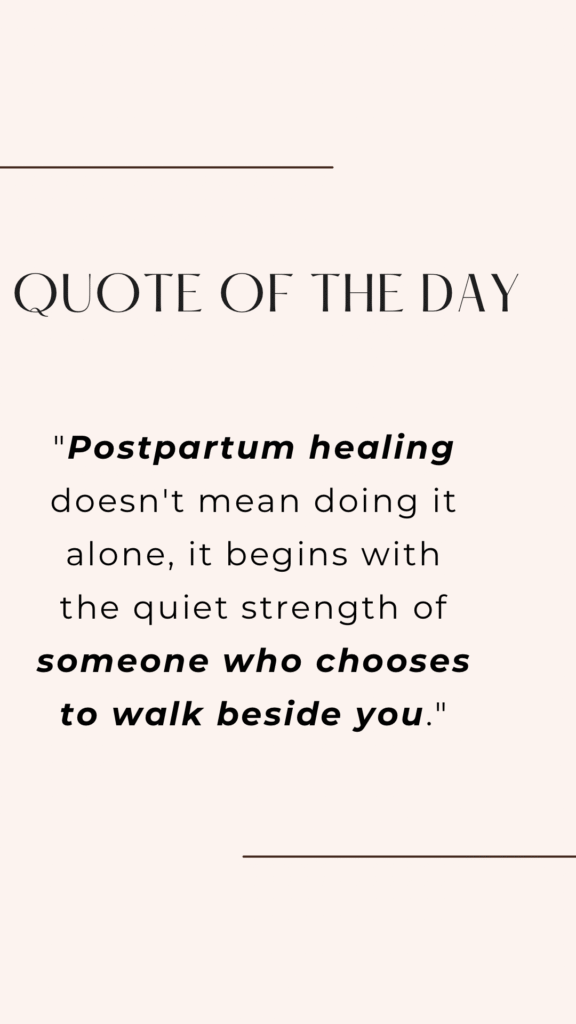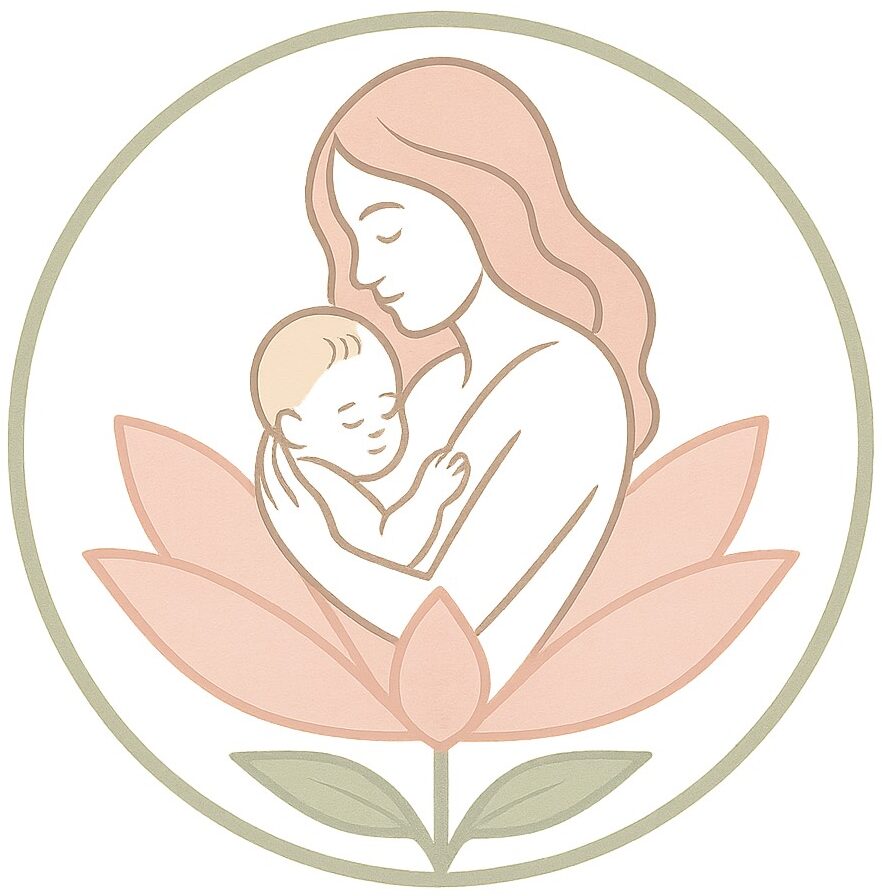How Partners Supports Mothers after Birth

How partners supports mothers after birth is a topic that deserves more attention, especially in a world where mothers often carry the emotional and physical load alone. From navigating sleepless nights to overwhelming hormonal shifts, new moms need connection, reassurance, and real help. In this post, we explore practical and emotional ways that partners can step up with care, awareness, and intention.
“Partners Support for mothers after birth isn’t about doing everything, it’s about showing up, staying soft, and choosing love even when it’s hard.”
Understanding how partners supports mothers after birth is crucial for fostering a nurturing environment.
💞Why Partners Support for Mothers After Birth Matters
The postpartum period is raw, emotional, and often misunderstood. As a new mother transitions physically and emotionally, partner support becomes a lifeline. Research shows that consistent, thoughtful support from a partner can significantly reduce postpartum anxiety and depression. This isn’t just about helping with tasks, it’s about being fully present and emotionally engaged.
“Support is not always loud or visible, sometimes it’s a quiet hand on your back, saying, ‘I’ve got you.”
🫶 How can Partners Support Provide Emotional Balance After Birth
Meanwhile, in the whirlwind of new motherhood, emotions can feel overwhelming. Hormonal shifts, identity changes, and sleep deprivation collide, and she may not always know how to express what she needs.
As partners ready to support mothers by holding space for their feelings, it’s also completely normal to feel unsure about what to do after the arrival of a newborn. On the other hand, knowing that you don’t need to have all the answers is part of being a strong and supportive partner.
Here’s how you can provide emotional balance for mothers after childbirth:
- Listen to understand, not to fix. Sometimes she just needs to cry without being told it’s “okay.”
- Ask open questions like “What do you need right now?” or “How can I show up for you today?”
- Validate her experience. Even if you don’t fully understand it, your acknowledgment matters more than advice.
Most importantly, being emotionally available doesn’t require perfect words, or work—it requires presence and care.
🍼 Physical Support: Easing the Load
New mothers are often recovering physically from birth while tending to a newborn around the clock. As partners support the mothers, with being practical, everyday needs can provide incredible relief.
Try these:
- Take over night feedings, diaper changes, or nap duty when possible.
- Cook meals, manage errands, or handle chores without being asked.
- Encourage her to take breaks, a long shower, a nap, or time to herself.
Supporting her physically is a clear message: You’re not doing this alone.
💬 Communicating With Compassion
Postpartum life can be filled with emotional highs and lows. What she says (or doesn’t say) might come from exhaustion or anxiety, not a lack of love.
Keep communication grounded:
- Instead of saying, “Let me know if you need anything,” try: “I’ll take the baby for a bit, rest, okay?”
- Speak gently and remind her: “You’re doing enough. You don’t have to be perfect.”
- Be patient when words are hard to find. Touch, eye contact, and quiet companionship speak volumes.
🧠 Recognising the Emotional Landscape After Birth
Emotions can run high after having a baby, but not all emotional experiences are the same. It’s normal for new parents to feel overwhelmed, but when certain feelings linger or intensify, it may signal something deeper than the “baby blues.”
Here are a few signs to be mindful of:
- Ongoing sadness, fear, or hopelessness that doesn’t ease after a couple of weeks
- Difficulty sleeping even when the baby is resting
- Intrusive thoughts, panic, or feeling emotionally disconnected
If you notice these signs in your partner, approach with care and compassion. Let her know she’s not alone — and that seeking help is a sign of courage, not weakness. Just knowing someone is paying attention can be the first step toward healing.
🌿 How to Be Present, Even If You Feel Helpless
Many partners say: “I want to help, but I don’t know what to do.”
Here’s the truth, you don’t have to have the perfect answer. You just have to stay close.
- Offer gentle presence, even during silence or tears.
- Let her know you’re there no matter how messy things feel.
- Celebrate small wins, like getting through a hard night together.
Being supportive isn’t about getting it “right.” It’s about being real, steady, and kind.
💡 Final Thought
If you’re a partner reading this, know that your support doesn’t have to be grand — it just has to be genuine. And if you’re a mother hoping your partner reads this, share it with them. Let this open the door to gentler conversations and deeper understanding.
Research shows that thoughtful support from a partner can reduce postpartum depression symptoms. Postpartum Support International offers incredible resources for families navigating this stage.
💡 Want to better understand the emotional shifts after birth?
Check out our post on Postpartum Anxiety vs. Baby Blues for a clear breakdown of the differences and how to support your partner through each.
📣 Ready to Support Your Partner Better?
Explore our coaching and resources for new parents.
✨ Take the first step in feeling supported, one conversation can make all the difference.
🌼 Quote to Leave With



Pingback: Her Second Birth: Healing After Postpartum Depression